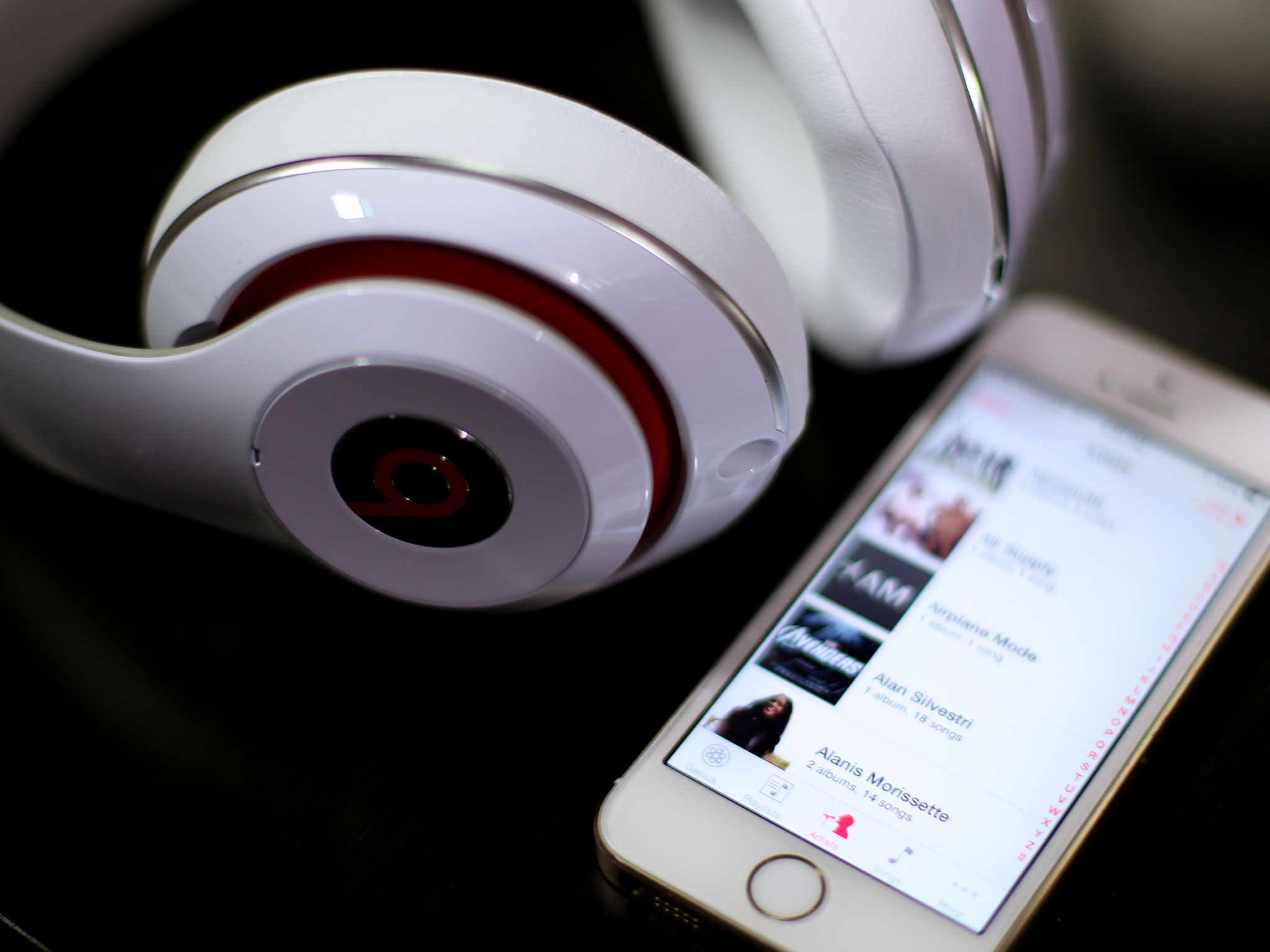Was Apple's Beats acquisition really a 'no brainer'?

Last night the Apple news we've all been wondering about finally became official: Apple bought Beats The company now run by Tim Cook reached into its wallet and pulled out $2.6 billion big ones (plus another $400 million in stock that vests later on) to acquire Beats Electronics, Beats Audio and of course the incredible talent behind the company. This includes Jimmy Iovine and Dr. Dre, who both become Apple executives.
When a giant company like Apple buys a smaller company like Beats there are important things to consider that are not obvious to those who confine their thinking to a box. Apple has deal-making power that almost no other company has in the technology world. If they see a product, service or team of talent that they like they can accomplish more by owning it than the smaller stand-alone company. This amplifies the potential upside of the target's revenue significantly.
Apple's market capitalization is $542 billion as of this morning. They are paying what amounts to just over half a percent of this market cap to acquire Beats. Put another way, Apple just sped up its entry into a whole new product category for the equivalent of one quarterly dividend payment. If the deal goes poorly it would be about as painful to me as a shareholder as compared to mosquito bite in Canadian cottage country while enjoying a cold beer.
But what if the deal goes well? Could Apple add a few percentage points to its bottom line through this deal? Yes, I think it's entirely possible. And that's probably why Tim Cook told recode the deal is a "no-brainer".
Beats makes premium headphones and speakers. Apple doesn't. This is a perfect complementary product to offer. If I were at Apple I'd be dreaming of ways to incorporate the Beats products into the Apple ecosystem. Could Apple create a Sonos-like speaker product portfolio using AirPlay? Could Apple move into the premium home audio market and serve super high quality streams to audiophiles who are willing to pay a ton of money (read: high margin) for their music experience?
Beats has a subscription music service. Apple doesn't. Again, this a perfect complementary service. Traditional iTunes downloads, iTunes Radio, and Beats Music subscriptions would cover all the bases. Beats only has 200K subscribers and reaches very few countries, but Apple has 800M credit cards on file and the reach of iTunes. If subscription music really is the future, Apple could use Beats to jumpstart their entry into that business model.
Beyond the obvious product synergy, Apple probably has a lot of ideas that it would like to implement if only it had enough talent to execute on them. I can understand why Tim would call this deal a no-brainer. $3 billion sounds like a lot of money. And it is a lot of money to most companies in the world. But to Apple the relative size of this deal is tiny, yet with what appears to be a highly attractive upside to downside ratio.
Master your iPhone in minutes
iMore offers spot-on advice and guidance from our team of experts, with decades of Apple device experience to lean on. Learn more with iMore!
There's an old expression: "You can't steer a parked car." Ever since Apple's stock price peaked around $700 Wall Street has been complaining that they need to launch new products or new businesses. The investment community was worried that Apple parked its car. As a shareholder I don't think that's true. The Beats acquisition is compelling evidence that Apple still has its foot on the gas and has been planning its course carefully.
Former sell side analyst, out-of-box thinker, consultant, entrepreneur. Interests: Wife & kids, tech, NLP, fitness, travel, investing, 4HWW.

